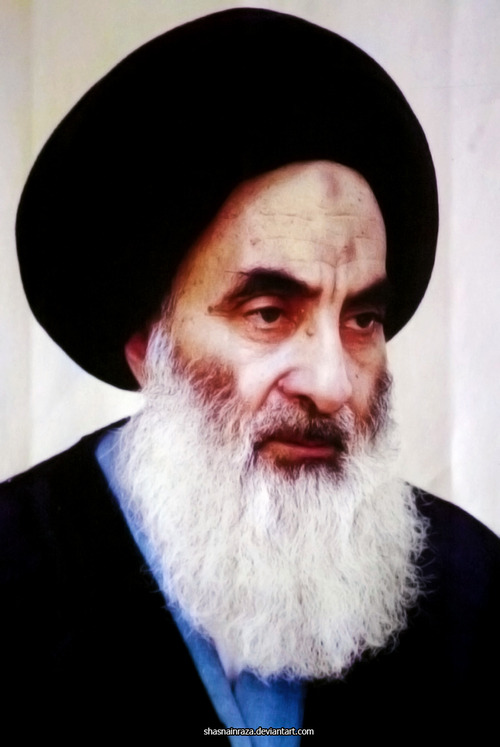July 11, 2014
The European Union’s second-highest court last Thursday annulled sanctions placed on Sharif University of Technology because of its alleged involvement with the country’s nuclear program and on the National Iranian Tanker Co. (NITC).
The asset freezes imposed on the university and the NITC cannot be upheld because the EU failed to provide sufficient evidence, the Luxembourg-based General Court ruled.
However, in light of the EU’s overall foreign policy goals toward Iran, the court said the asset freezes will remain in place for another two months to prevent the Iranian parties from instantly withdrawing their frozen funds and to allow the EU to provide better justification for the sanctions.
The EU can appeal the General Court decision to the EU’s highest court in that two-month period.
The EU would also have the option of sanctioning the university and NITC all over again but on different grounds.
The General Court has lifted sanctions imposed on a large number of Iranian institutions—all for the same reason of inadequate evidence. The EU says it has plenty of evidence but it cannot be turned over to the court because it is classified information and the court has no way to keep it from the Iranians.
Governments have often been reluctant to provide confidential intelligence findings underlying their sanctions decisions to the court for fear of exposing their sources of intelligence.
In these two cases, it appeared once more that the EU’s sanctions regime hit a dead end because of the secrecy rules of national spy agencies. The court said the proof provided was insufficient and a confidential document, on which the governments partly based their decision, could not be seen by the judges because the member state where it originated “is opposed to disclosure, either wholly or in part.”
The EU sanctioned Sharif University in 2012 claiming it was “providing support to Iran’s proliferation-sensitive nuclear activities,” saying it was providing laboratories for entities targeted by the United Nations and the EU for their involvement in the country’s nuclear program.
In 2010 and again in 2012, the EU imposed embargoes on NITC asserting the firm was involved in illegal activities.
In the spring, the General Court submitted a proposal under which member states could submit some classified evidence that would not have to be shared with the other party in a court case. The EU is to meet to discuss this proposal later this month, but people involved said any resolution is still months away.
















